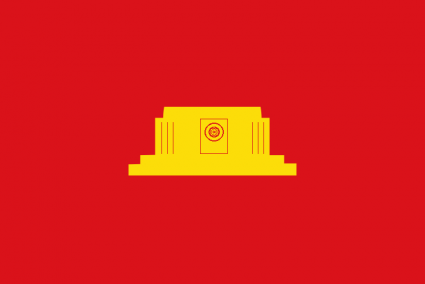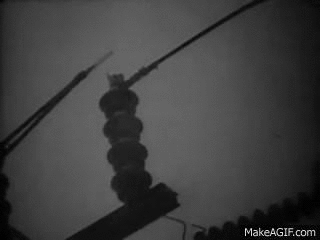The Bulletin of Socialist Revolutionaries
August 16 Political Sciences School,
which issues the Bulletin.
The Bulletin of Socialist Revolutionaries aims to provide leftist nations and movements with the know-how to combat external and internal threats through a wide range of theoretical tools. A revolutionary struggle can only be won with excellent theoretical preparation which allows the worker to become a soldier and the masses to become a living organism of socialist unity, regardless of ideological background.
AUDIENCE. The Bulletin of Socialist Revolutionaries and its theoretical materials are open to everyone, but their primary target are aspiring revolutionary movements and Socialist or Communist-oriented nations. Our materials are designed to improve both roleplaying capacity and understanding of what Socialist Revolutionaries fight for, as seen through the practical experience of the Leftist Agrarian Revolutionary Party, aka the Bulgar Rouge. Theoretical developments by other successful revolutionary movements or nations can be added into the bulletin by request.
The Bulletin of Socialist Revolutionaries will expand constantly with new chapters, theoretical developments and propaganda pieces.
The Bulletin will issue the following chapters in the given order:
- The People-masses
- Revolutionary motivation
- Victory, regime change, purification
- Economic foundations of a Socialist utopia
- Building paradise on Earth
- The army of the people-masses: a natural evolution of the "people's army" concept
- Decentralised defence of the popular organism
- The propaganda state and the state of mind



